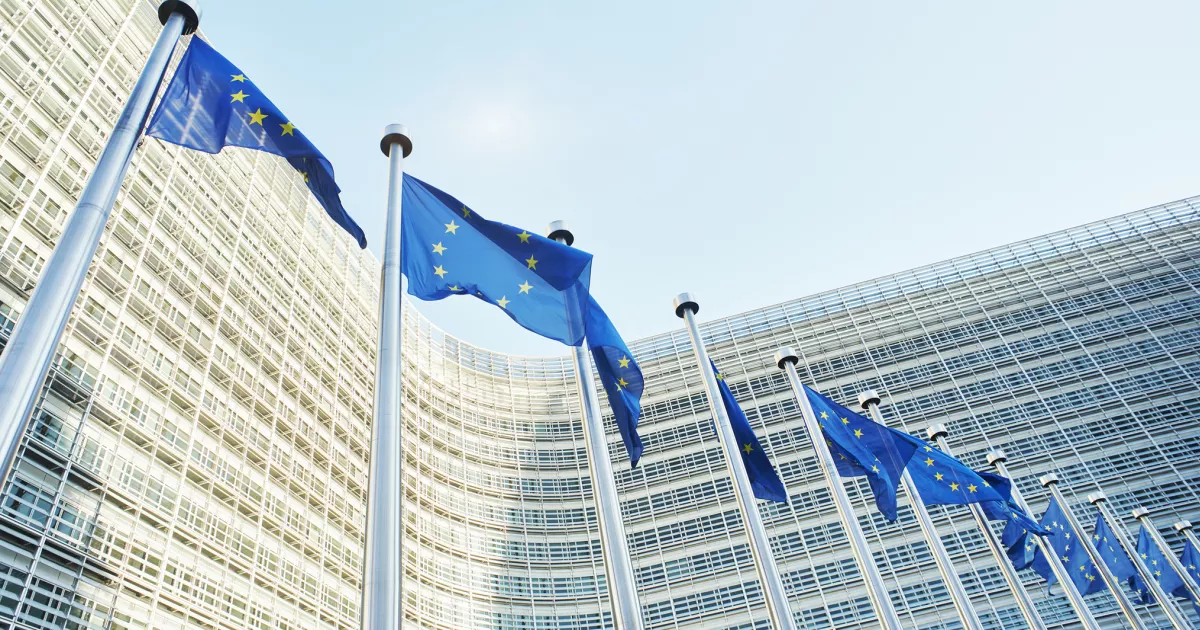Nothing new but double trouble
The European Commission has been actively pursuing cross-border sales restrictions for quite some time. The fine imposed on Mondelēz fits into a long list of Commission fines for territorial restrictions. In the words of Executive Vice-President Vestager: “This is really not a novel case”. The outcome of the Mondelēz case therefore should not have come as a great surprise. Still, there are three points worth making.
First, when looking at the list of recent fines for cross-border sales restrictions imposed by the European Commission so far, Mondelēz’s fine of EUR 337.5 million stands out. The fact that “this type of behaviour has already been sanctioned in the past” played a significant role in determining the level of the fine. A clear signal that the European Commission is taking these type of restrictions very seriously and will likely impose similar hefty fines in future cases regarding cross-border sales restrictions.
Second, the fact that Mondelēz’s conduct was found to have violated both Article 101 (the prohibition on anti-competitive arrangements) and Article 102 TFEU (the prohibition to abuse a dominant position) also may have contributed to the higher fine level. In the above list, no other company was fined for breach of both EU competition rules.
Mondelēz’s conduct was found to have violated:
1. Article 101 TFEU through 22 anti-competitive arrangements with intermediaries. Mondelēz (i) limited the territories or customers to which seven wholesale customers could resell Mondelēz’s products (with one agreement including a provision ordering Mondelēz’s customer to apply higher prices for exports compared to domestic sales); and (ii) prevented ten exclusive distributors from replying to sale requests from customers outside their allocated territories (either by imposing contractual restrictions or by asking them to request Mondelēz’s prior permission on a case-by-case basis); and
2. Article 102 TFEU by (i) refusing to supply a trader in Germany to prevent the resale of chocolate tablet products in Austria, Belgium, Bulgaria and Romania; and (ii) terminating the supply of chocolate tablet products in the Netherlands to prevent them from being imported into Belgium.
Third, similar to the other companies in the above list, Mondelēz obtained a fine reduction for cooperating under the Commission’s practice of rewarding cooperation in non-cartel antitrust cases. Companies should therefore keep in mind that cooperation can pay off, even outside cartel cases, where settlement and leniency procedures do not apply.
An EU-wide ban on territorial supply restrictions?
In a November 2020 study already, the European Commission noted that traders in certain fast-moving goods categories were confronted with numerous parallel trade restrictions, such as refusals to supply, differentiation of product packaging and content, and destination obligations when purchasing from multinational branded goods producers.
However, there is only so much the European Commission can do under the EU competition rules. For these rules to apply, a company must either hold a dominant position or have entered into an anti-competitive arrangement. Unilateral cross-border trade restrictions by non-dominant companies, for instance, cannot be caught.
An EU-wide ban on territorial supply constraints could resolve this issue. The European Commission has taken up the challenge set by eight EU member states (at the initiative of the Netherlands) to address territorial supply constraints through existing or new EU powers and digital labelling possibilities. It will launch a fact-finding exercise involving international suppliers of branded products, retailers and consumers to identify the issues and find workable solutions.
Conclusion
Mondelēz’s fine sends a clear message: the European Commission considers cross-border sales restrictions among “the most serious restrictions of competition”.
It is therefore wise for companies, particularly multinational brand owners active in the food retail sector, to accept Executive Vice-President Vestager’s invitation to check their contracts and conduct for territorial supply constraints. Even if not caught under the EU competition rules, an EU-wide ban looms.

